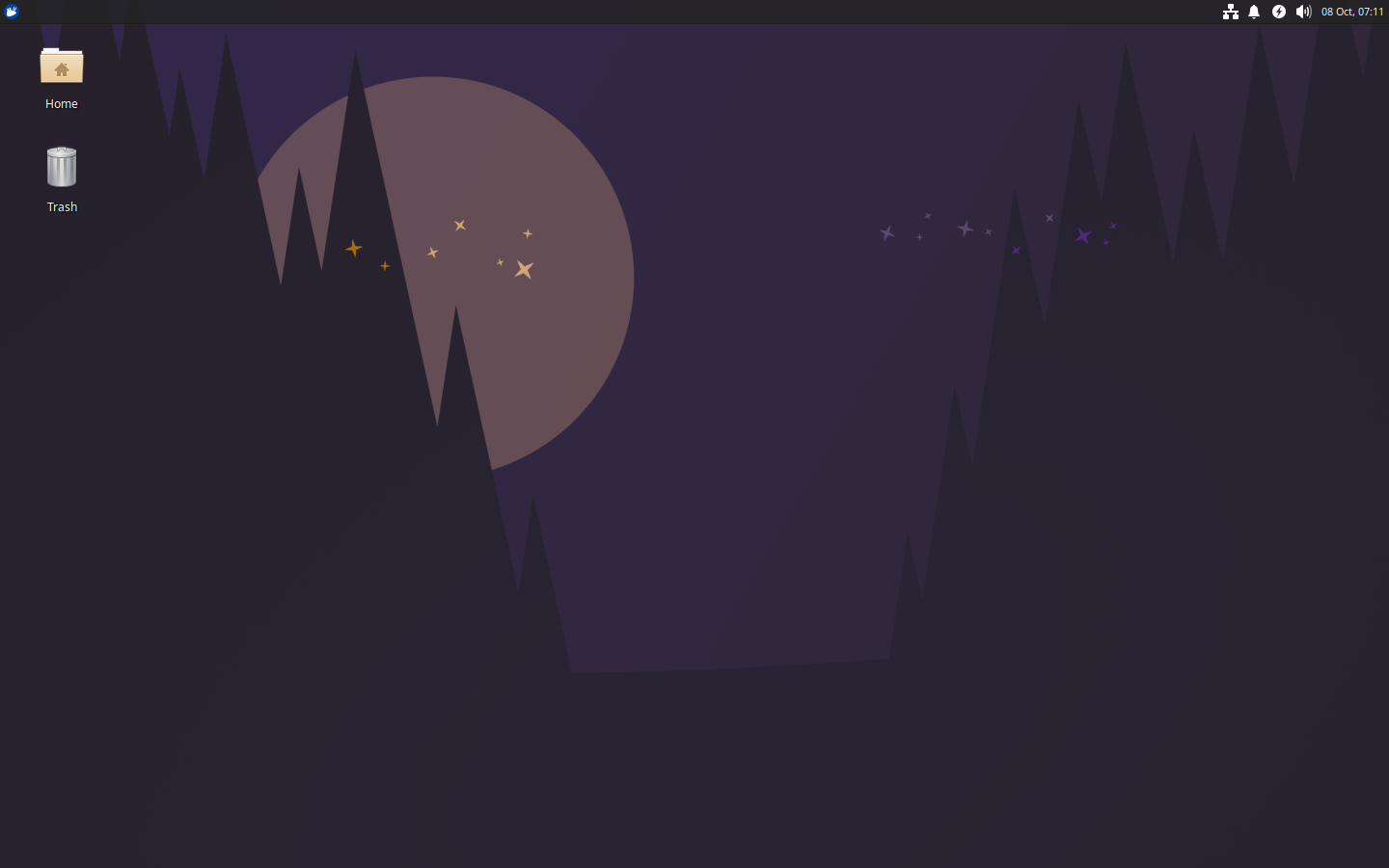
Xubuntu Linux 25.10 released with improved Wayland support and Xfce 4.20
Xubuntu 25.10, the latest community-developed release of the lightweight Ubuntu-based distribution, is now available to download. As well as stability and usability tweaks there’s improved Wayland support. This version of the OS will receive support until July 2026.
This release follows the arrival of Ubuntu 25.10 ‘Questing Quokka’ yesterday, and offers many of the same under-the-hood improvements, including better security, performance, and device compatibility.

Ubuntu Linux 25.10 'Questing Quokka' arrives with memory-safe system tools and better hardware support
Ubuntu Linux 25.10, codenamed “Questing Quokka,” is now available to download. This interim Ubuntu release focuses on improving security, performance, and accessibility, laying the groundwork for next year’s long-term support version.
25.10 introduces memory-safe implementations of key tools, a refreshed desktop, and better hardware compatibility across a wider range of devices. The latest Linux release also arrives with GNOME 49, a new version of Ubuntu’s default desktop environment that includes lock screen media and power controls, improved accessibility options, and support for HDR brightness settings.

This updated Windows 11 clone is Linux underneath and makes your old PC run faster -- get it now
Windows 10 is edging ever nearer towards the end of its support period, which means no more security patches or updates for millions of PCs. Users will either need to run their systems without protection or upgrade to Windows 11, which has more demanding hardware requirements.
For many older laptops and desktops, Windows 11 is not an option, and this is where Linuxfx comes in. Just updated to version 11.25.09 “NOBLE”, the latest version of the Windows-style Linux distribution offers a familiar environment that runs faster on aging machines.
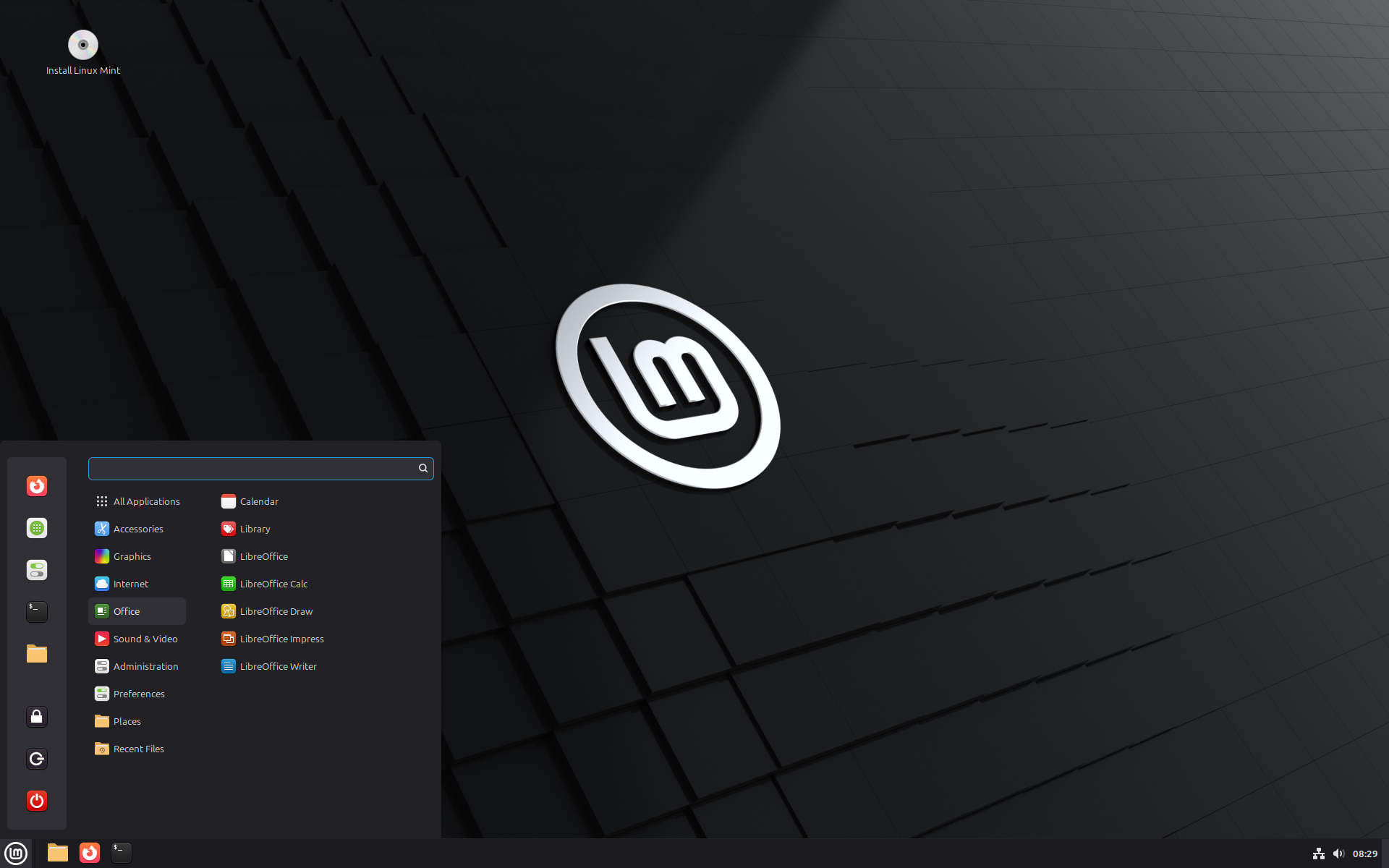
Linux Mint 22.2 'Zara' beta now ready to download -- here's what's new
Linux Mint 22.2 “Zara” beta version has been released, giving testers and enthusiasts an early look at the next long term support release of the popular desktop Linux distribution. The final version will be supported until April 2029, but this preview is aimed at testing, so some issues are to be expected.
This update continues Mint’s focus on making small, but noteworthy changes. Sticky Notes now have rounded corners, Wayland support, and can sync with Android devices via the new StyncyNotes app. The login screen gains a blur effect, user avatars, and a cleaner layout.
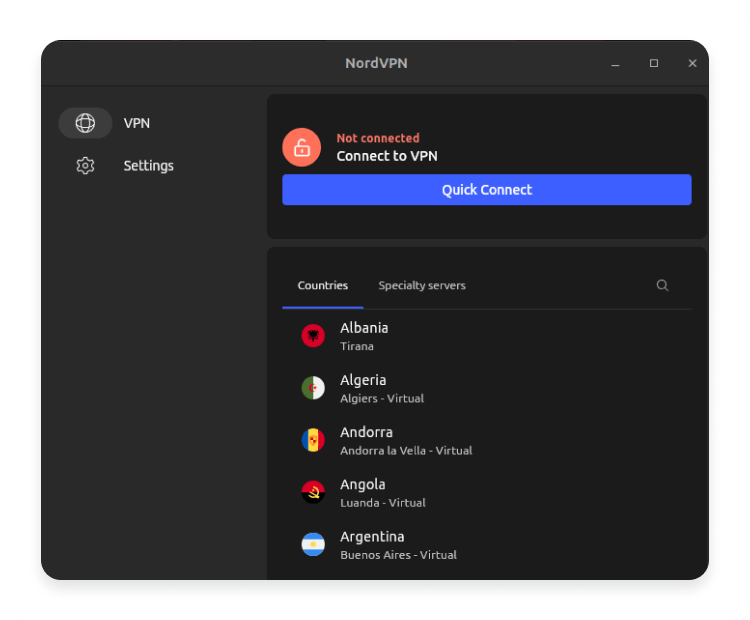
NordVPN finally gets a proper GUI on Linux
For years, NordVPN made Linux users live in the terminal. Sure, the command-line interface technically worked, but let’s not pretend it was ideal for everyone. Meanwhile, competitors like Surfshark and ExpressVPN had already given their Linux users full graphical interfaces. Now, NordVPN has finally caught up by launching its very own GUI for Linux.
So, what exactly does this mean? Well, instead of typing in commands, users can now click their way through connection options, settings, and even theme preferences like light or dark mode. This will arguably make using the service on Linux much easier.
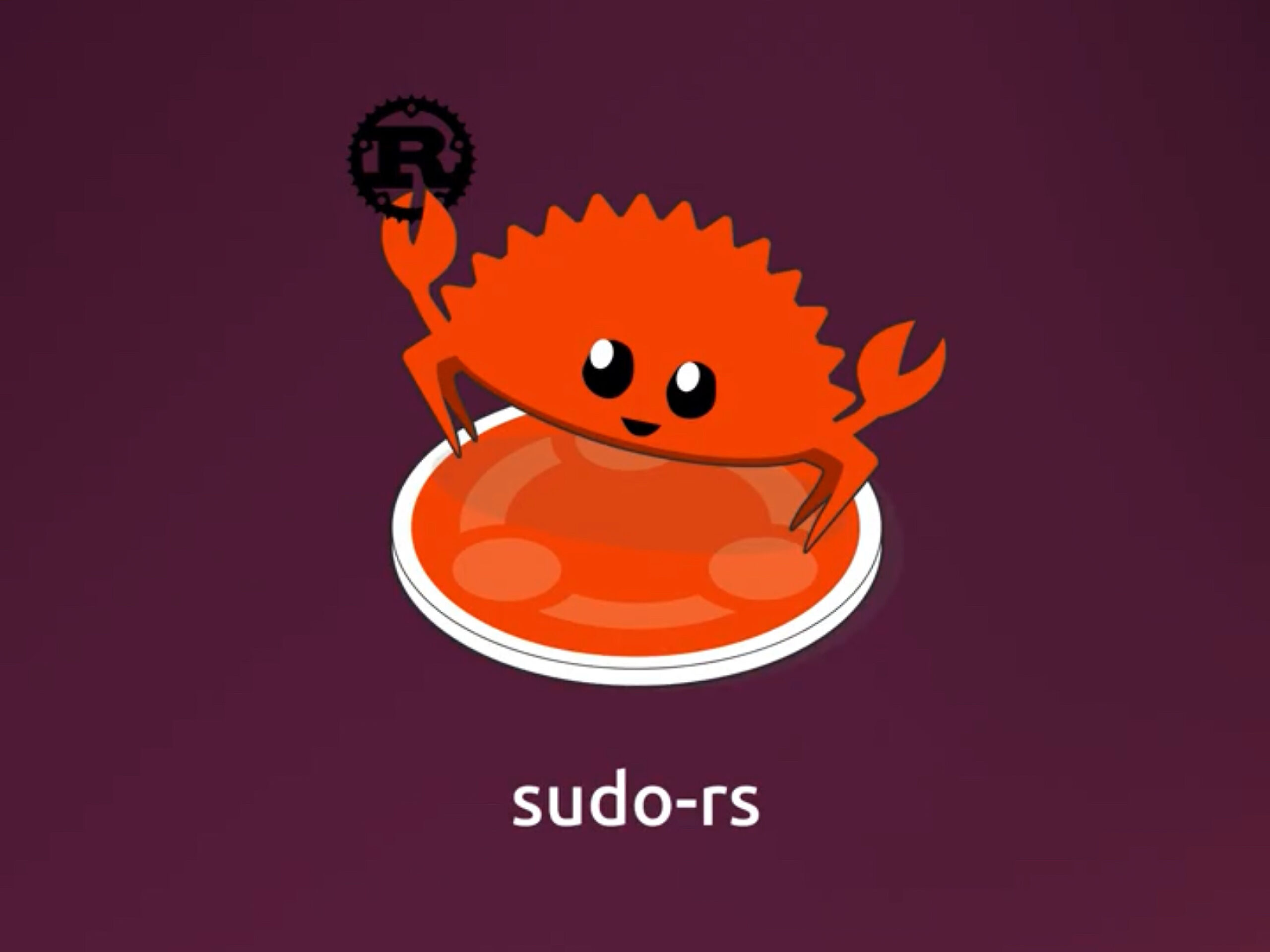
Ubuntu Linux swapping classic sudo for Rust-powered sudo-rs
Canonical is making a huge change in Ubuntu that longtime Linux users might not expect (or like). You see, beginning with the upcoming Ubuntu 25.10, the popular Linux distribution will begin the process of ditching the classic sudo tool in favor of a modern reimagining called sudo-rs. This change is more than a simple code swap -- it’s a sea change in how privilege escalation is handled on Linux, with a clear focus on security and long-term sustainability.
So what exactly is sudo-rs? Well, as the name implies, it’s a new implementation of the familiar sudo command, but this version is written entirely in Rust -- a programming language known for its strict memory safety and reliability. If you’re worried about compatibility, don’t panic; sudo-rs is designed as a drop-in replacement for the original. For most users, it will just work.
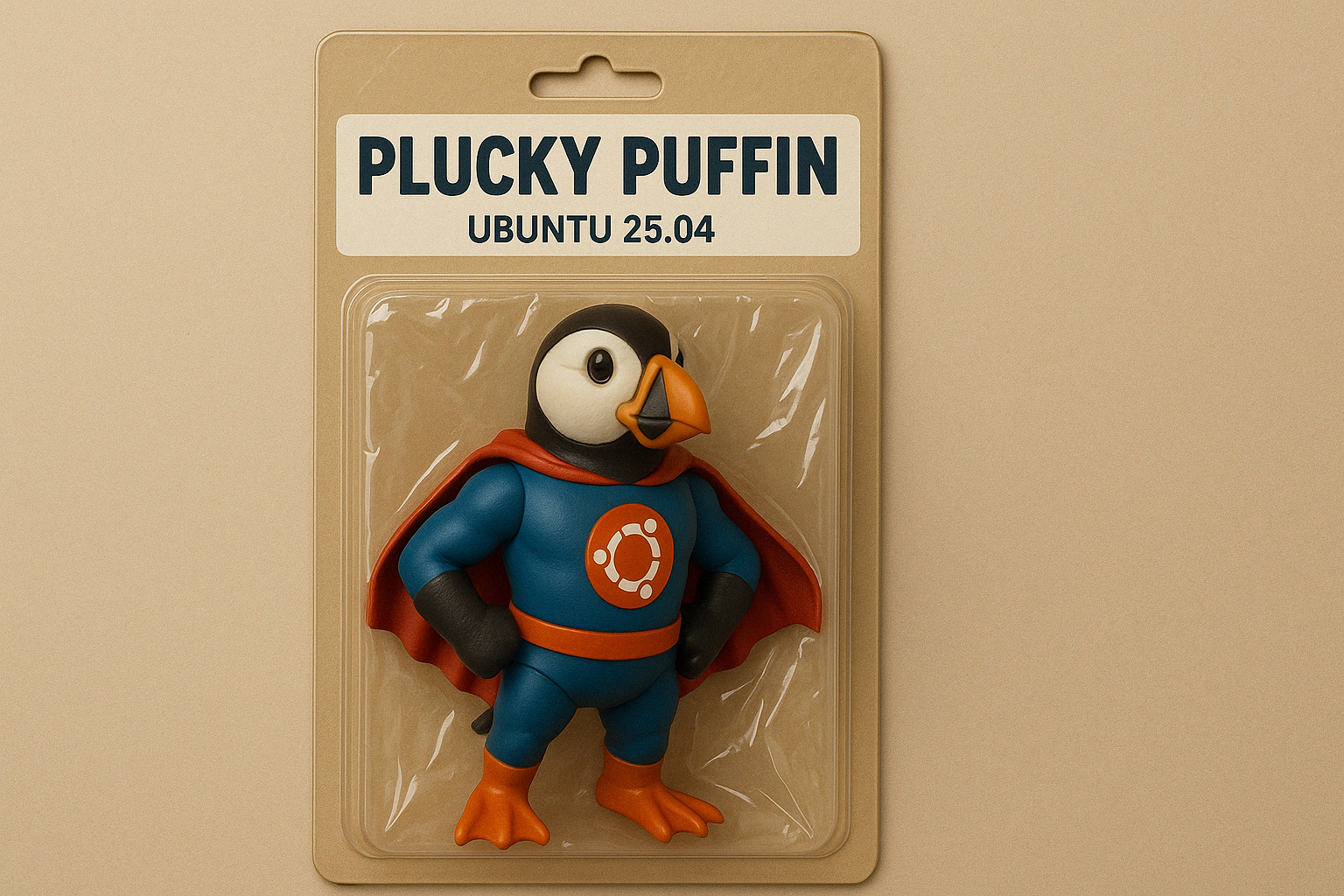
Flying high: Ubuntu 25.04 'Plucky Puffin' is here to deliver better performance to desktops and data centers
Canonical has announced the arrival of Ubuntu 25.04 -- "Plucky Puffin." This latest interim release introduces a number of updates across the desktop, as well as developer tools, and improved hardware support, with a focus on boosting performance and improving the user experience.
Ubuntu 25.04 ships with GNOME 48, offering new features like a Preserve Battery Health mode, HDR support, and Canonical’s triple buffering patches, now accepted upstream. A new Wellbeing Panel helps users manage screen time, while a redesigned install and boot experience adds improved partitioning options and experimental Dracut support for faster system startup.

Ubuntu Linux 25.10 will be called Quizzical Quokka and yes that is really the name
Ubuntu 25.10 finally has a name, and it’s one that will probably leave you scratching your head. Canonical has decided to call the upcoming Linux-based operating system “Quizzical Quokka.” That’s not a joke. The announcement was made in a tweet from the official Ubuntu account, which you can see here.
The tradition of using animal-themed alliteration for Ubuntu releases is nothing new, but “Quizzical Quokka” might be one of the oddest yet. A quokka, in case you’re not familiar, is a small, marsupial from Australia -- I had to look it up. But what exactly makes Ubuntu “quizzical” this time around? That part hasn’t been explained.

Ubuntu 25.04 Beta brings Linux 6.14, GNOME 48, and more to the Plucky Puffin party -- download it now!
Here we go again, folks! Canonical has pushed out the beta release of Ubuntu 25.04, and if you’re someone who lives on the bleeding edge of Linux life, you will want to pay attention. This one goes by the name “Plucky Puffin” and -- despite the typical silly codename -- it’s loaded with big under-the-hood changes and a few surprises baked in.
This new release is based on Linux kernel 6.14, so you’re getting the usual hardware enablement and driver updates. But there’s a lot more going on here than just kernel bumps. Ubuntu 25.04 ships with systemd 257.4, and in a move that may ruffle some feathers, support for utmp is gone. Canonical is also killing off SysV init support in a future systemd release, and cgroup v1 is officially on the chopping block too. Out with the old, in with the whatever-works-now, I suppose.
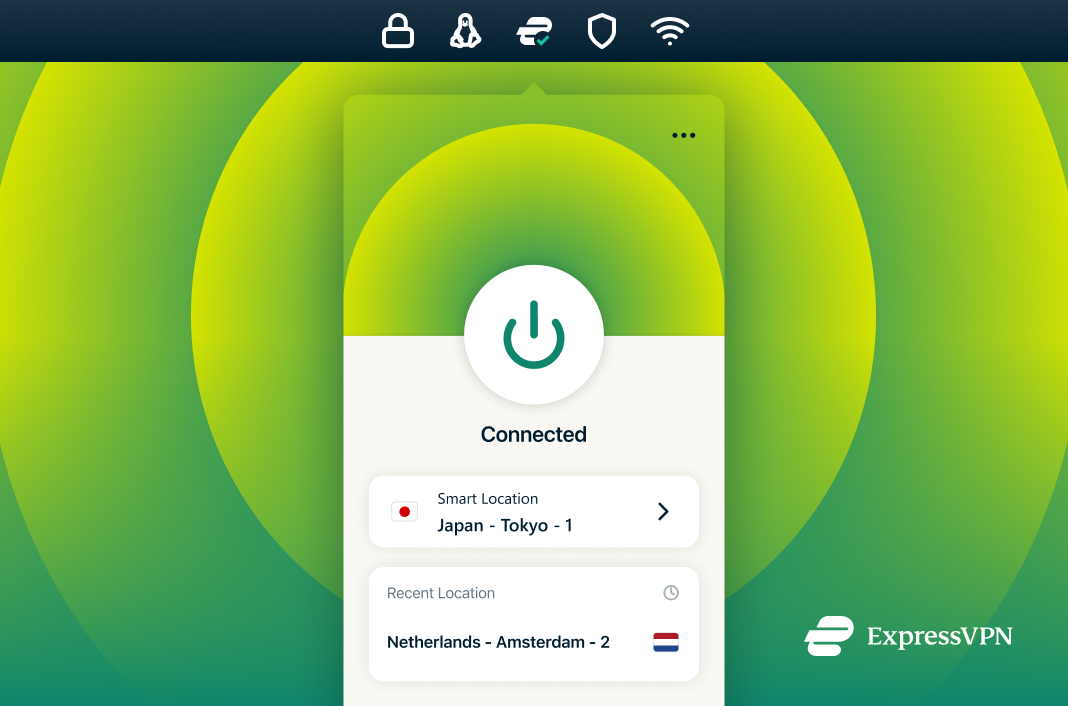
ExpressVPN finally brings GUI to its Linux app
ExpressVPN has rolled out a much-needed update for Linux users, finally adding a graphical user interface (GUI) to its VPN app. Yes, folks, a GUI for Linux is only being rolled out in 2025! Better late than never, I suppose.
Until now, ExpressVPN users in Linux were stuck with a command-line interface (CLI), while Windows and macOS users enjoyed a more user-friendly experience. This update brings ExpressVPN more in line with competitors like Surfshark, which has long offered a Linux app with a GUI.
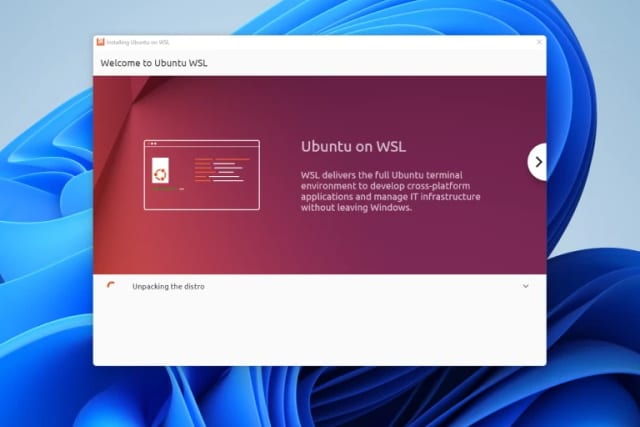
Ubuntu Linux on WSL gets massive upgrade with new tar-based install that makes Microsoft Store optional
If you are a Linux fan that is forced to use Microsoft Windows for some reason, you know how valuable Windows Subsystem for Linux is. If you aren’t familiar, WSL allows you to run a Linux environment from within Windows -- no virtual machine needed. It’s pretty wonderful.
Well, folks, today, Ubuntu on WSL gets a very useful upgrade that both developers and enterprises should really love. You see, thanks to Microsoft’s new tar-based distribution format, Ubuntu can now be installed and managed without relying on the Microsoft Store. That’s right, y’all -- no more struggling with Store-related headaches.

Proving Linux is not a safe sanctuary, ESET finds first Linux-targeting UEFI bootkit malware
Linux-based operating systems have long been heralded as being inherently more secure than Windows. Whether or not this is true is open to debate, as is the impact of user numbers on making an OS a target for malware writers.
A key security concern in recent times has been UEFI bootkits, and it has been something affecting only Windows-based systems. Now, however, security firm ESET has revealed details of Bootkitty, the first UEFI bootkit designed for Linux systems.

Ubuntu Linux 25.04 is called Plucky Puffin
Canonical took to Twitter today to announce the name of its next Ubuntu release: Plucky Puffin. Sticking with its tradition of alliterative animal names, this moniker for Ubuntu 25.04 joins the ranks of past versions like Groovy Gorilla and Jammy Jellyfish. While no specific details have been shared yet regarding what features or improvements Plucky Puffin will bring, the name alone is enough to generate buzz among Linux enthusiasts.
Ubuntu has consistently delivered updates that focus on performance enhancements, security improvements, and new features. With each release, Canonical strives to make Ubuntu more accessible and powerful for both casual users and enterprise environments. However, it will be interesting to see if Plucky Puffin offers any major new developments or simply improves existing features. The Linux community will undoubtedly be watching closely for any signs of innovation.

The 'pure' version of Kodi for Ubuntu Linux is dead
Team Kodi, which has long provided Personal Package Archives (PPA) for Ubuntu users seeking up-to-date and undiluted versions of the hugely popular Kodi media player, has announced the retirement of the service. This decision was apparently made due to the high maintenance overhead associated with its upkeep.
As the Linux world gradually transitions towards packaged deployments and containers, The Kodi Foundation says it is planning to use Flatpak for future applications. This move will not only provide a more maintainable "pure" Kodi application, but also extend its accessibility to more distributions than the PPA ever could.

New Mozilla Firefox package for Linux is a game-changer for Ubuntu and Debian users
In a significant development for the Linux community, Mozilla has announced the release of a new Firefox package, specifically designed for Ubuntu, Debian, and other Debian-based distributions. Linux, celebrated for its open-source nature and as a robust alternative to conventional operating systems, is now set to offer an even more refined browsing experience with this latest update from Mozilla.
This new Firefox package is meticulously crafted to be adaptable and secure, addressing the complex needs of modern internet users. Mozilla has focused on enhancing the browser's sandbox implementations, a crucial aspect for online security. While maintaining compatibility with Snap and Flatpak, the new native package is an additional advantage for Linux enthusiasts. Moreover, Firefox continues to be available in various formats, including Mozilla’s own .tar.bz2 builds, catering to a wide range of preferences within the Linux community.
